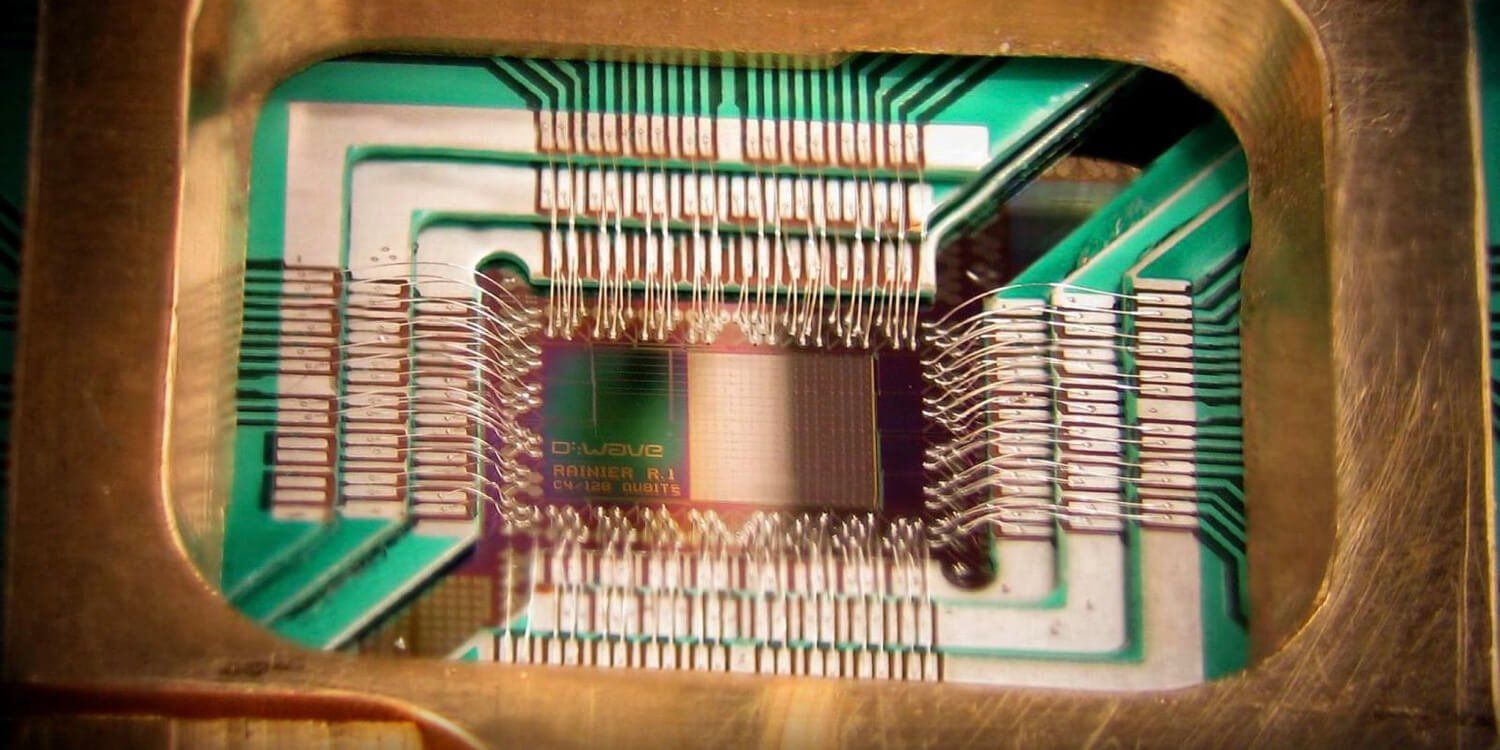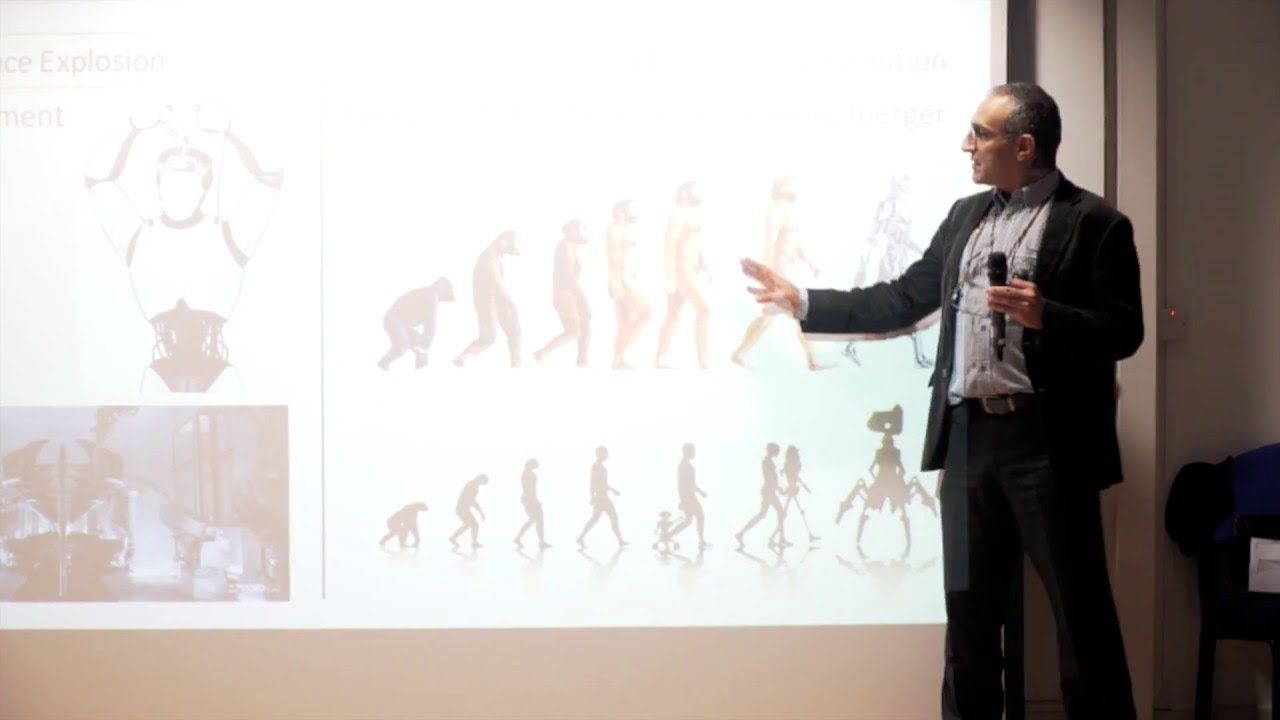Jul 6, 2016
Singularity Hypotheses
Posted by Amnon H. Eden in categories: climatology, economics, education, health, policy, robotics/AI, singularity, sustainability
Artificial intelligence (AI) technologies offer great promise for creating new and innovative products, growing the economy, and advancing national priorities in areas such as education, mental and physical health, addressing climate change, and more. Like any transformative technology, however, AI carries risks and presents complex policy challenges along a number of different fronts. The Office of Science and Technology Policy (OSTP) is interested in developing a view of AI across all sectors for the purpose of recommending directions for research and determining challenges and opportunities in this field. The views of the American people, including stakeholders such as consumers, academic and industry researchers, private companies, and charitable foundations, are important to inform an understanding of current and future needs for AI in diverse fields. The purpose of this RFI is to solicit feedback on overarching questions in AI, including AI research and the tools, technologies, and training that are needed to answer these questions.




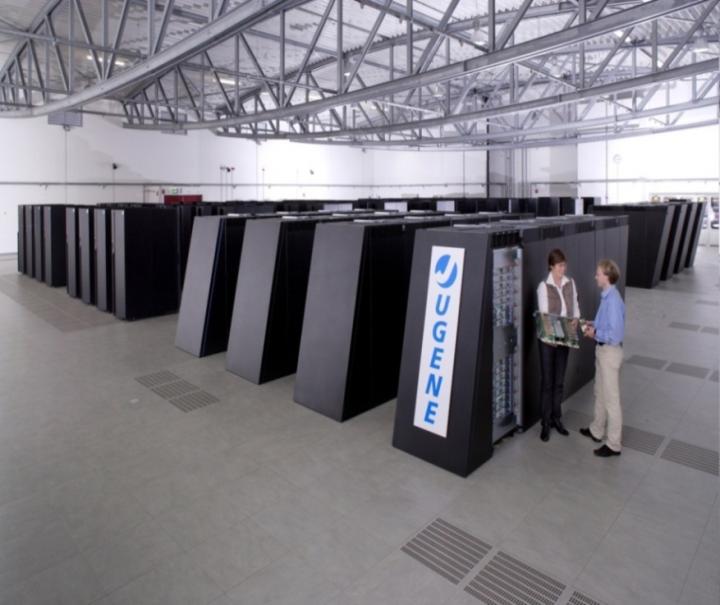
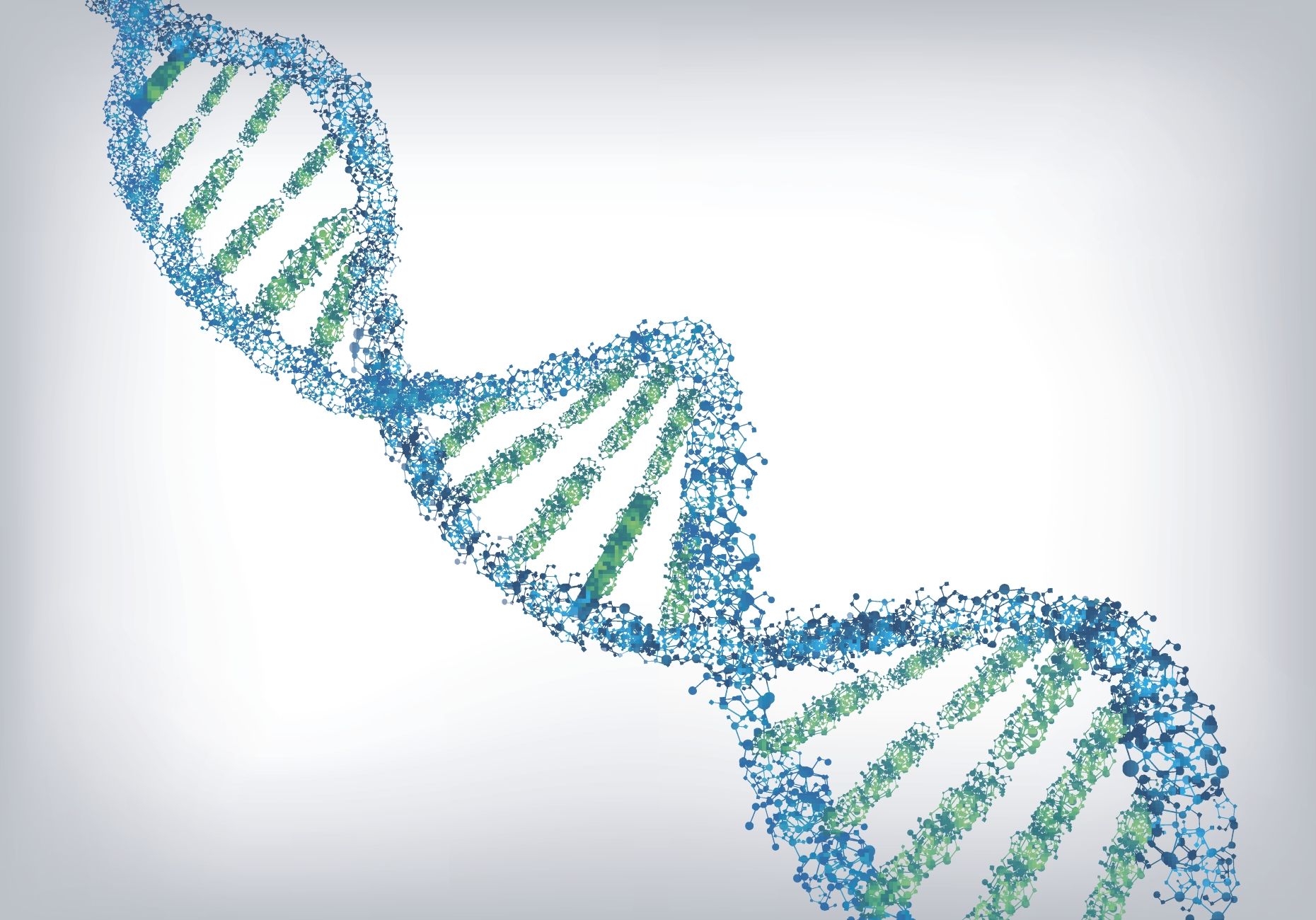
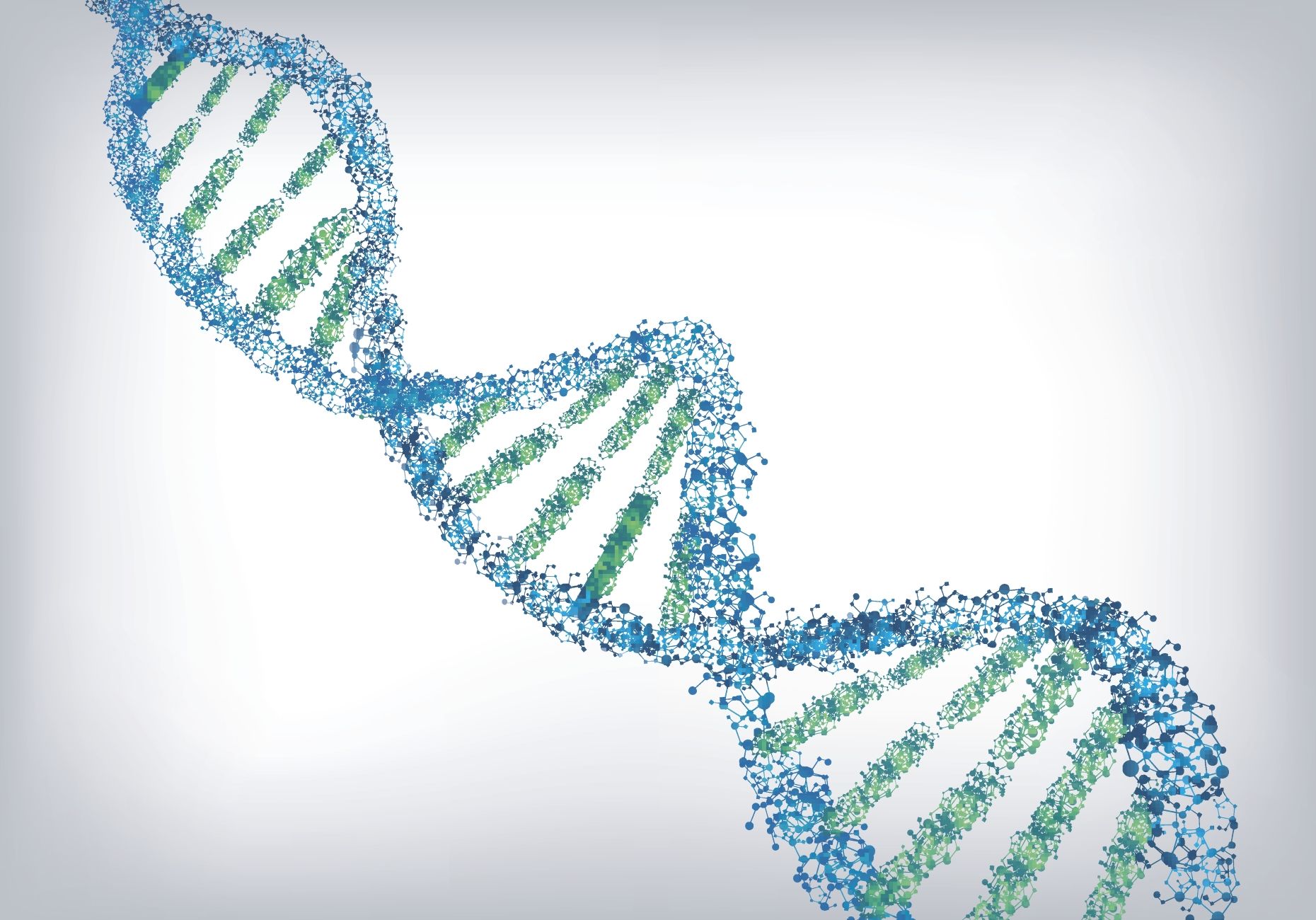 © iStock/ Getty Images undefined How much storage do you have around the house? A few terabyte hard drives? What about USB sticks and old SATA drives? Humanity uses a staggering amount of storage, and our needs are only expanding as we build data centers, better cameras, and all sorts of other data-heavy gizmos. It’s a problem scientists from companies like IBM, Intel, and Microsoft are trying to solve, and the solution might be in our DNA.
© iStock/ Getty Images undefined How much storage do you have around the house? A few terabyte hard drives? What about USB sticks and old SATA drives? Humanity uses a staggering amount of storage, and our needs are only expanding as we build data centers, better cameras, and all sorts of other data-heavy gizmos. It’s a problem scientists from companies like IBM, Intel, and Microsoft are trying to solve, and the solution might be in our DNA.

